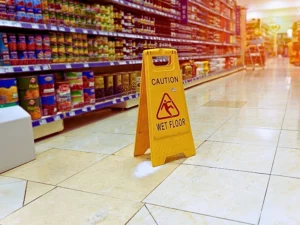When defective products are not recalled due to safety violations, they pose many dangers to both adults and children. Defective products cause thousands of injuries and deaths each year and cost U.S. consumers and manufacturers more than $700 billion in damages.
Product Recalls
The United States Consumer Product Safety Commission (CPSC) supervises and investigates consumer complaints concerning unsafe products. They also issue recalls of defective products or goods that violate mandatory safety standards. In 2016, CPSC issued 428 recalls of defective products caused by manufacturing defects, defective designs, or inadequate warnings and instructions. The five most common categories of defective products include:
- Toys
- Motor Vehicles
- Clothing and Textiles
- Children’s Care Products and Equipment
- Electronics and Electrical Equipment
Children’s toys are the largest group of recalled defective products, despite the fact that CPSC has some of the strictest toy safety regulations in the world. Safety standards and specifications cover a broad variety of toys and address many potential hazards including small parts that create choking hazards, coatings that contain toxic chemicals, moving parts that cause lacerations and fractures, and stuffed toys that cause suffocation. To protect against dangers, adults and parents should pay close attention to warnings and instructions on toy packaging and consider the age, physical ability, and maturity level of the child using the toy. An organization, World Against Toys Causing Harm (WATCH), publishes a yearly list called the “10 Worst Toys” before the holiday season. Defective and dangerous toys on the list are rated by their potential for serious injury and death.
Motor vehicles make up the second largest category of defective products in the U.S. Auto defects impact a variety of products and equipment including airbags, seat belts, braking systems, steering components, door locks, lighting, and tires. Defective auto equipment poses significant dangers to drivers and often leads to serious car crashes, severe injuries, and fatalities.
Many manufacturers voluntarily recall their products when defects are discovered, but most recalls are ordered by CPSC after consumer complaints lead to investigations. Therefore, consumers should be on the lookout for products that could pose dangers even when they have not been recalled and they should report any concerns to the CPSC right away.




